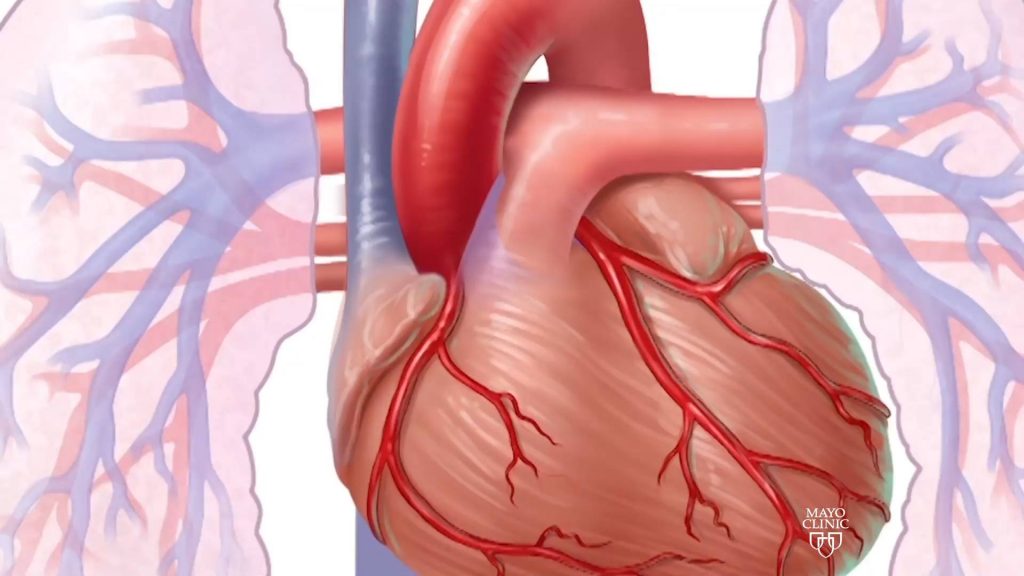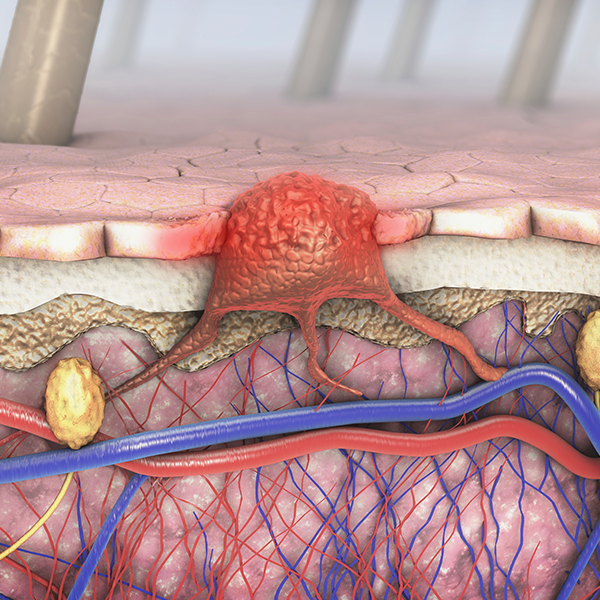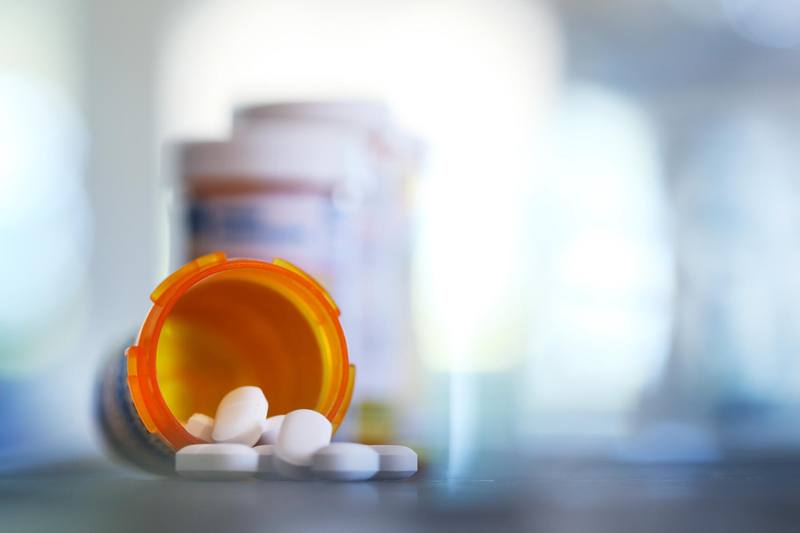
The effects of COVID-19 on the lungs are well-known. As the COVID-19 pandemic continues, more information is becoming available about the role the virus, called SARS-CoV-2, has on the heart. "Individuals with known cardiovascular disease are at an increased risk of more severe complications from respiratory viral illnesses, including the flu and COVID-19," says Dr. Leslie Cooper, chair of the Department of Cardiology at Mayo Clinic.
"We know that during severe SARS-CoV-2 infection, heart function may decrease. Sometimes this decrease is a consequence of the systemic inflammatory response to infection, and occasionally, in some people, because of direct viral infection in the heart."
2 main cardiac issues
According to Dr. Cooper, there are two dominant cardiac issues related to COVID-19: heart failure, when the heart muscle doesn't pump blood as well as it should, and arrhythmias, or abnormal heart rhythms, that can be related to the infection or to the effect of medications used to treat the virus.
Heart failure can develop due to a systemic inflammatory response to the infection, high lung pressures from lung damage, or occur from heart inflammation known as myocarditis.
"For many people who present with heart failure in the context of COVID-19 infection, we don't know if the heart failure is related to myocarditis or to a response to systemic inflammation from COVID-19," says Dr. Cooper.
For older patients, with existing coronary artery disease or hypertension, it is likely heart failure resulting from the increased demand placed on the heart and the body’s already decreased cardiac reserve capacity, he says. In younger patients, it's likely primary myocarditis caused by the virus.
Watch: Dr. Cooper discusses how COVID-19 can affect the heart.
Journalists: Sound bites with Dr. Leslie Cooper are in the downloads at the end of the post. Please courtesy "Leslie Cooper, M.D. / Cardiology / Mayo Clinic."
Medication concerns
There has been some debate as to whether medications used to support blood pressure may increase a person's risk for heart failure.
“It is unclear if medicines used to support blood pressure are actually leading to some of the deterioration in heart function,” says Dr. Cooper. “But right now, there is no evidence that the commonly used medications for any cardiovascular disorders in the United States will put you at heightened risk of contracting COVID19 or the consequences of infection.”
Dr. Cooper advises people to continue their medications, unless their physician has directed them otherwise.
Long-term heart health issues
Since COVID-19 is new, there is little data available regarding long-term cardiovascular issues as a result of the virus. Research has already begun at Mayo Clinic, says Dr. Cooper.
"We need to determine the long-term effects of COVID-19 at both a population health level and individual level," says Dr. Cooper, adding funding from the American Heart Association and National Institutes of Health is spearheading research related to COVID-19's cardiovascular impact.
Staying heart-healthy
"We know this is a stressful time for everyone because of the economic and social impact of this disease, even if you don't have it yourself," says Dr. Cooper. "And that can put people at heightened risk for all sorts of stress-related illnesses."
For those with known heart issues – whether high blood pressure or other disease – stay focused on good heart health practices. "Taking care of yourself, being vigilant with hand hygiene, trying to maintain an exercise regimen if you had been before, eating well, are key to maintaining health," he says.
He adds that while we're also being instructed to avoid large group gatherings and maintain social distancing, build in time to stay connected – which will keep your heart emotionally healthy. "Maintaining social contact through the internet or through the telephone is really important so we don't lose contact and become depressed or otherwise isolated."
Be mindful of emergencies
"Shortness of breath is very common, and only a minority of people today will actually have COVID-19 infection who develop shortness of breath," says Dr. Cooper. "Now, as before, if people develop chest pain or shortness of breath, they should seek medical attention by calling their health care provider or, if it's severe, 911 for assistance."
_________________________________________________
Check with the CDC, for the latest updates on the COVID-19 pandemic. For more information and COVID-19 coverage, go to the Mayo Clinic News Network and mayoclinic.org.







